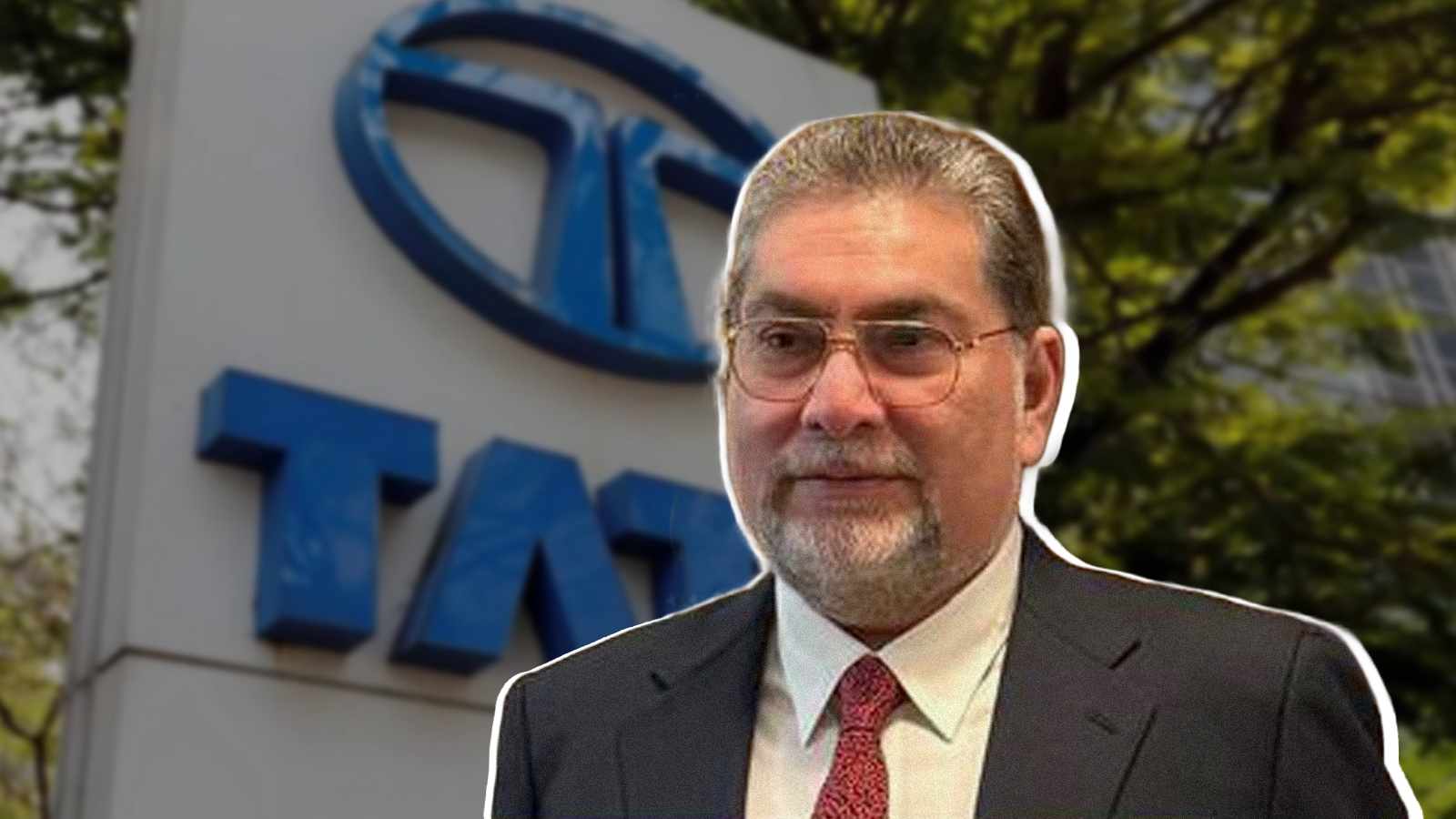
Tata Trusts Remove Mehli Mistry: Power Struggle Unfolds
In a dramatic shift within the Tata Trusts, Mehli Mistry has been voted out following a majority decision against his reappointment. This decision marks a significant moment in the history of one of India's most respected corporate institutions. Mistry, once a confidant of Ratan Tata, now faces the consequences of a growing rift within the Trusts.
The Tata Trusts, which control over 51% of Tata Sons, are pivotal in the governance of the Tata Group. The recent vote, which saw three out of six trustees oppose Mistry’s renomination, highlights a deepening divide among the leadership. Key figures like Noel Tata, Venu Srinivasan, and former Defence Secretary Vijay Singh were instrumental in this decision, reflecting their alignment and strategic interests.
This internal conflict within the Tata Trusts has been brewing for some time. Mistry's initial support for Venu Srinivasan's reappointment as a lifetime trustee came with the condition that future trustee renewals must be unanimous. However, this condition was disregarded by the opposing faction, underscoring a shift from the traditional consensus-based decision-making approach that characterized Ratan Tata’s era.
The factionalism within the Trusts is particularly concerning, given that these organizations have historically been seen as pillars of ethical governance and philanthropy in India. With Mistry's departure, questions arise about the future direction of the Tata Trusts and whether they will continue to uphold the values associated with the Tata legacy.
The crux of the conflict seems rooted in differing visions for the Trusts’ governance. As Noel Tata solidifies his position, it remains to be seen how Mistry’s supporters, including trustees Pramit Jhaveri, Darius Khambata, and Jehangir H.C. Jehangir, will respond. Will they conform to the new status quo or continue to challenge the leadership? This ongoing power struggle could have lasting implications for the Tata Group's governance and its philanthropic endeavors.
As the Tata Trusts navigate this turbulent phase, the corporate world watches closely. The outcome of this internal battle will not only shape the future of the Trusts but could redefine leadership dynamics within the entire Tata Group. The unfolding events serve as a reminder of the complexities within even the most venerable institutions, where loyalty, governance, and vision often clash.











